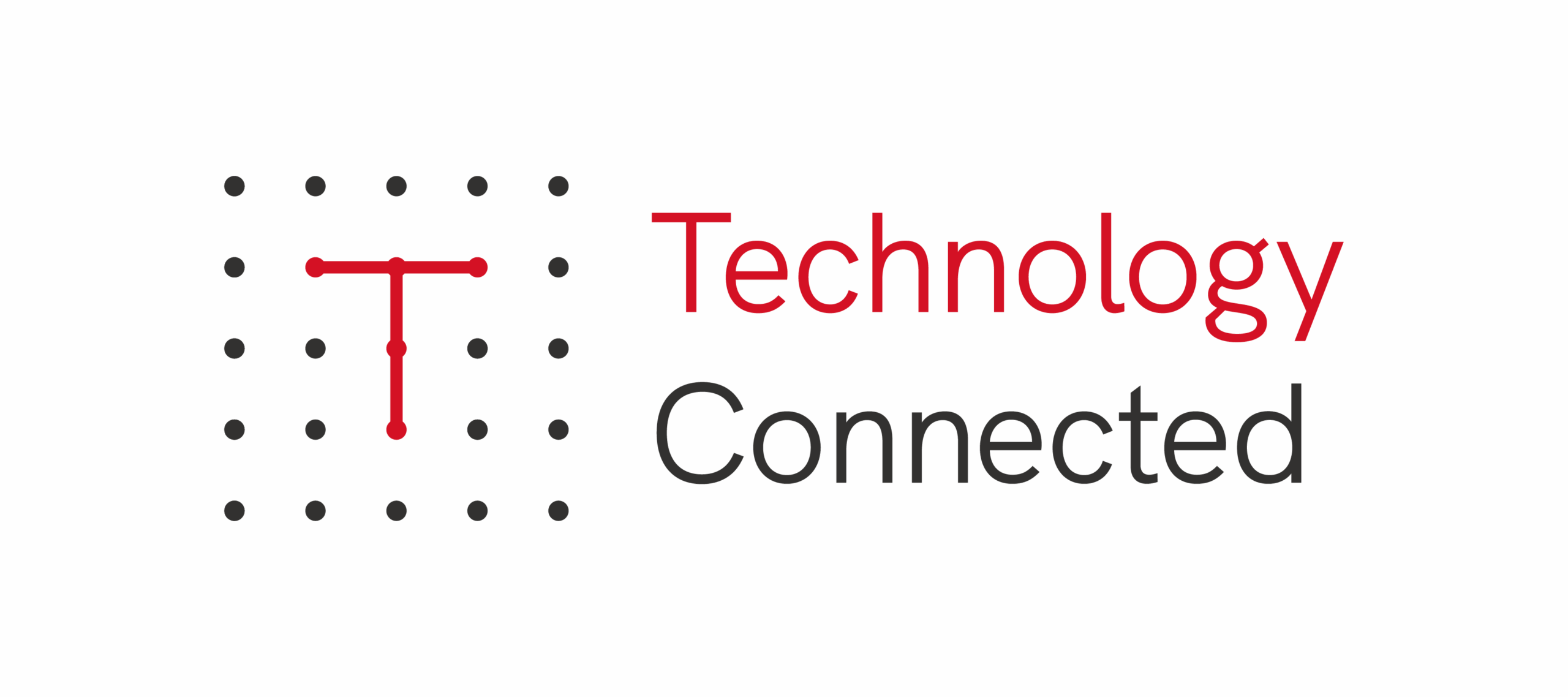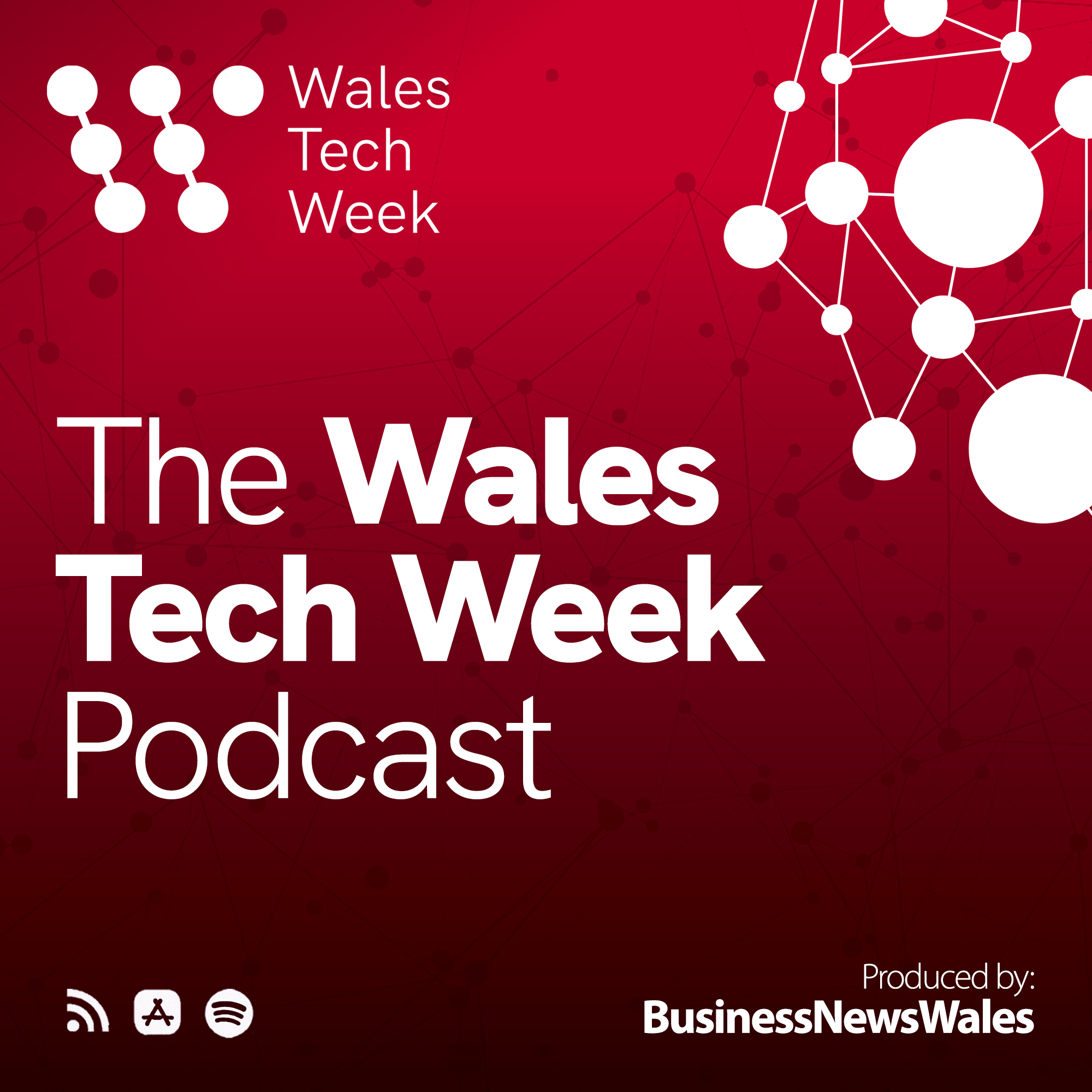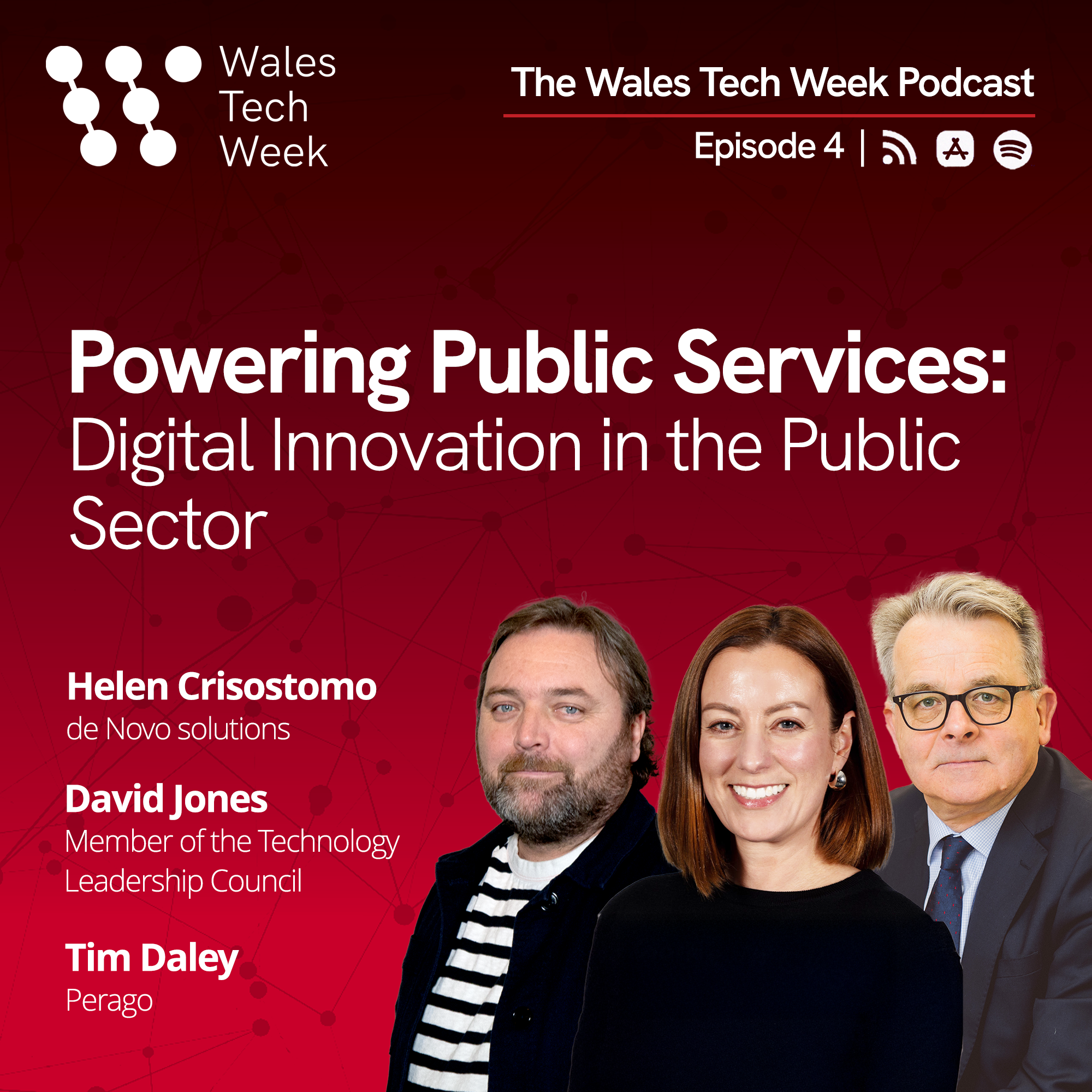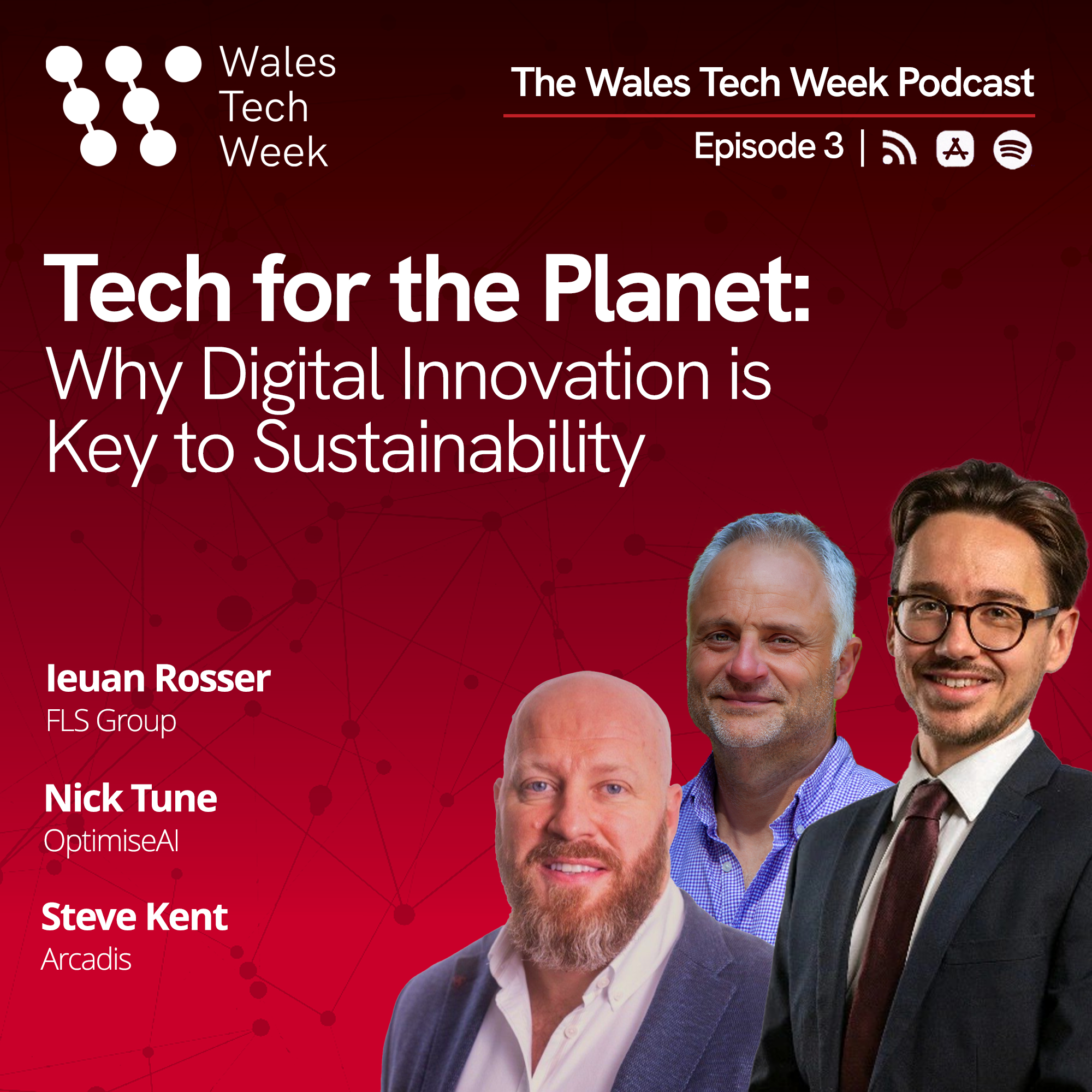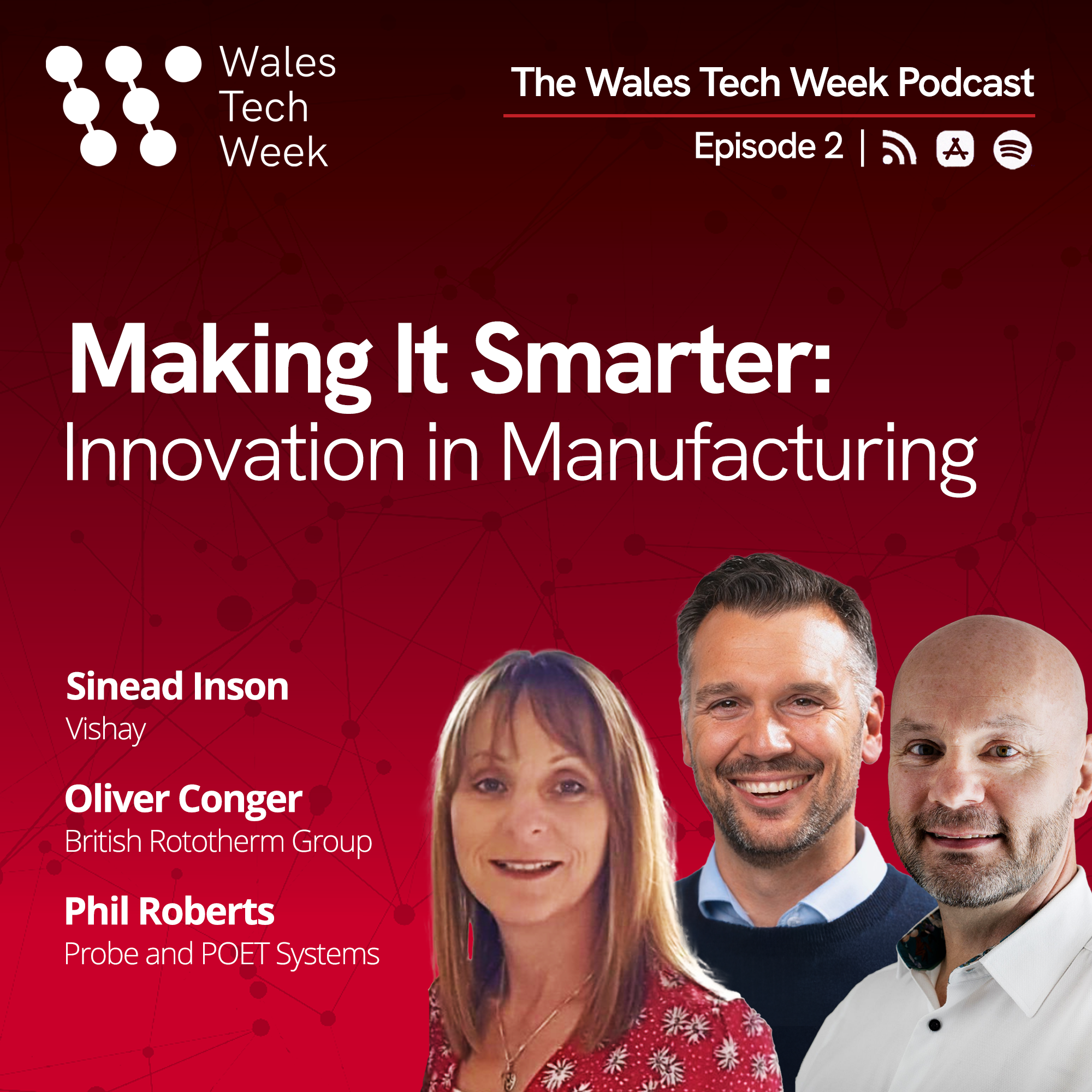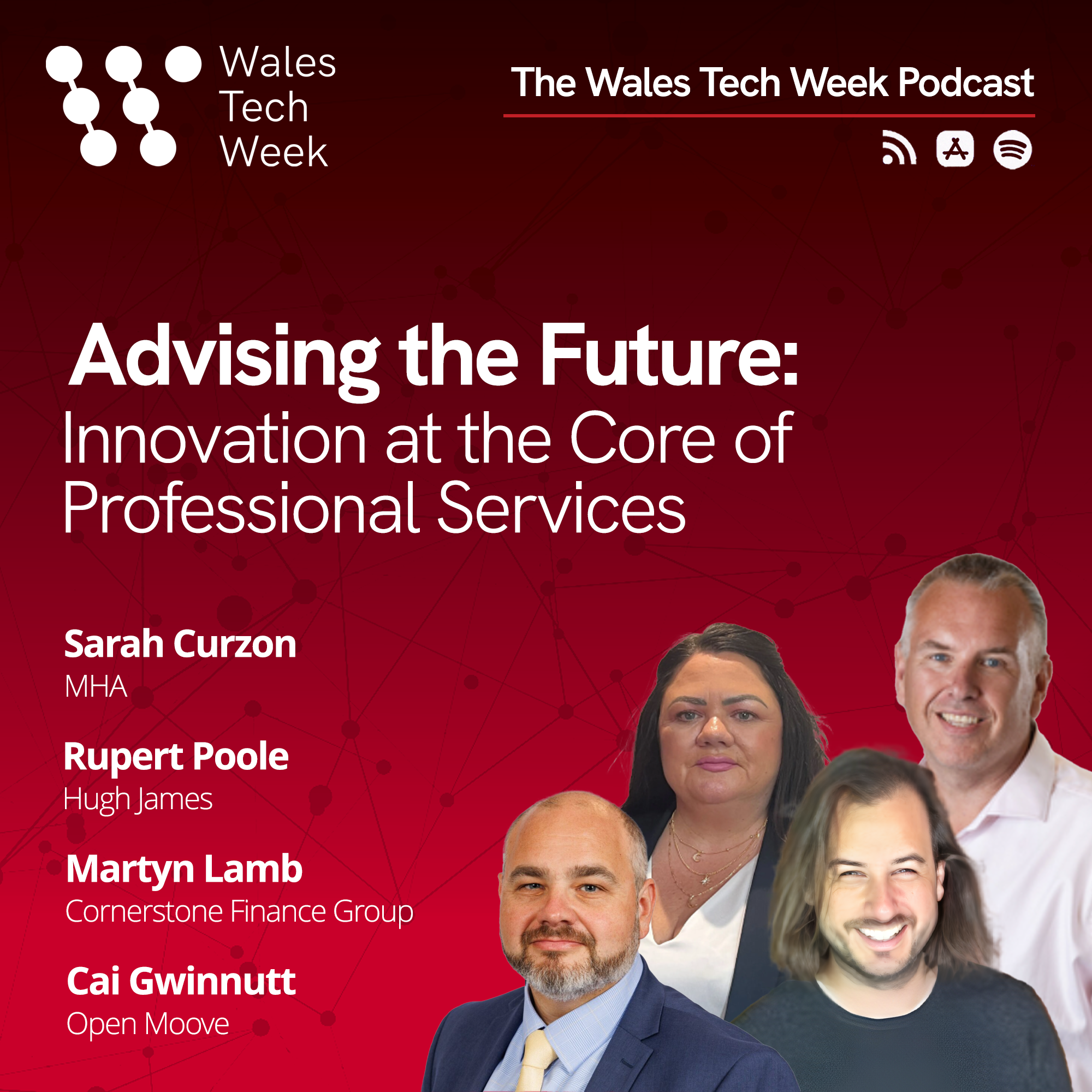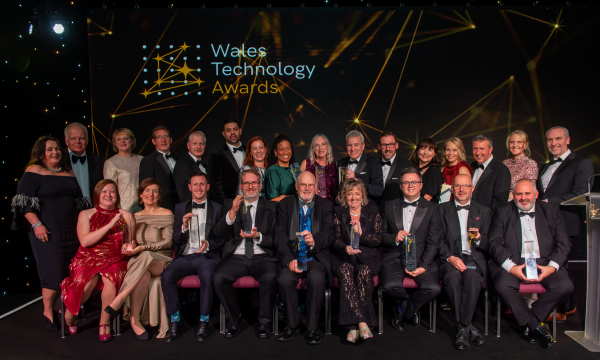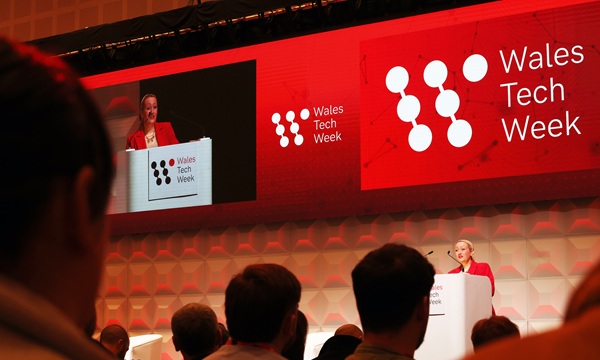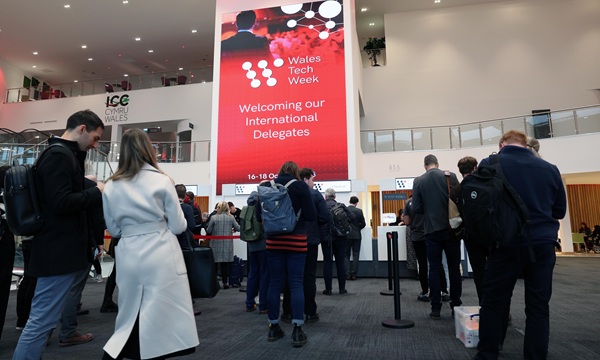
GUEST COLUMN:
Ieuan Rosser
Founder
FLS Group

Across the UK road transport network, almost one in three freight vehicles still runs empty. Government figures show that 29.9 per cent of lorries travel without a load, a figure that has barely shifted in the past year. For me, that statistic highlights the scale of inefficiency in the system – and the opportunity to change it.
At FLS Group, we have built our business around using technology to address those inefficiencies. By focusing on the intelligent use of data, we reduced empty mileage across our operations and cut 600,000 kilogrammes of carbon emissions last year. That was achieved without switching fuel type or introducing electric vehicles. It was purely the result of smarter freight management.
This is where digital innovation comes into its own. Logistics has always been about moving goods from A to B, but the sustainability challenge now means every kilometre matters. Customers, regulators and investors all expect businesses to show that they are on a credible pathway to net zero.
For many, understanding scope one and scope two emissions is manageable, because those are direct. Where it becomes more difficult is scope three, the indirect emissions linked to suppliers and partners. That is the world I operate in, and I have lived the same journey that many of our clients are now facing.
Scope three is where freight sits, and where businesses often feel most exposed. Manufacturers still need to move goods, but once it leaves their premises the emissions can feel outside their control. What we are doing is bringing those emissions back into view, providing accurate data that gives businesses clarity and accountability.
Our Emissions Manager product is a good example of this. Developed by working the Welsh Government’s SMART Flexible Innovation Support (FIS) scheme, it connects directly with the DVLA system through an API, allowing us to capture up-to-date emissions data for each haulage firm moving freight. That information is accredited under the Global Logistics Emissions Council framework, which means businesses have the assurance that their reporting is accurate and globally recognised.
The result is that a manufacturer can see, with confidence, the scope three emissions generated by their freight movements. For our haulage partners, it means they can demonstrate compliance and contribute to their customers’ sustainability goals. And for us, it represents a shift from simply providing a service to enabling measurable carbon reduction.
This is the kind of change that digital tools make possible. By embedding innovation into logistics, we can tackle systemic inefficiencies and at the same time create value for customers. Empty mileage is not just a carbon problem – it is a cost problem. Every unnecessary journey burns fuel, adds wear to vehicles, and ties up driver hours. Reducing it makes environmental sense, but it also improves productivity.
The same applies to emissions reporting. Businesses face growing scrutiny from their stakeholders, and scope three reporting is no longer optional. Having credible, accredited data at hand means they can meet that challenge, reassure their investors, and continue trading competitively in a market where sustainability is increasingly a licence to operate.
None of this has been achieved in isolation. I am grateful for the role that organisations such as the Development Bank of Wales and Welsh Government have played in enabling this journey. Development Bank of Wales supported us in the early years, providing the finance that helped us grow. More recently, the SMART FIS programme gave us the backing to build Emissions Manager and bring it to market. That kind of support is critical if Wales is to develop more innovative companies able to make a real impact on sustainability.
Digital innovation will not remove the need for alternative fuels or new vehicle technologies, but it can deliver significant carbon savings here and now. In freight and logistics, where the margins are fine and the environmental pressures growing, it is a powerful lever for change. My experience tells me that the businesses which embrace it will not only reduce their emissions, they will run leaner, more productive operations too.
Ieuan Rosser talks about this and more in the Wales Tech Week podcast episode Tech for the Planet: Why Digital Innovation is Key to Sustainability. Listen to the podcast here.
Tech for the Planet is one of the key themes for Wales Tech Week, which takes place at ICC Wales, Newport from November 24 to November 26 2025. Find out more here: https://www.walestechweek.com/

